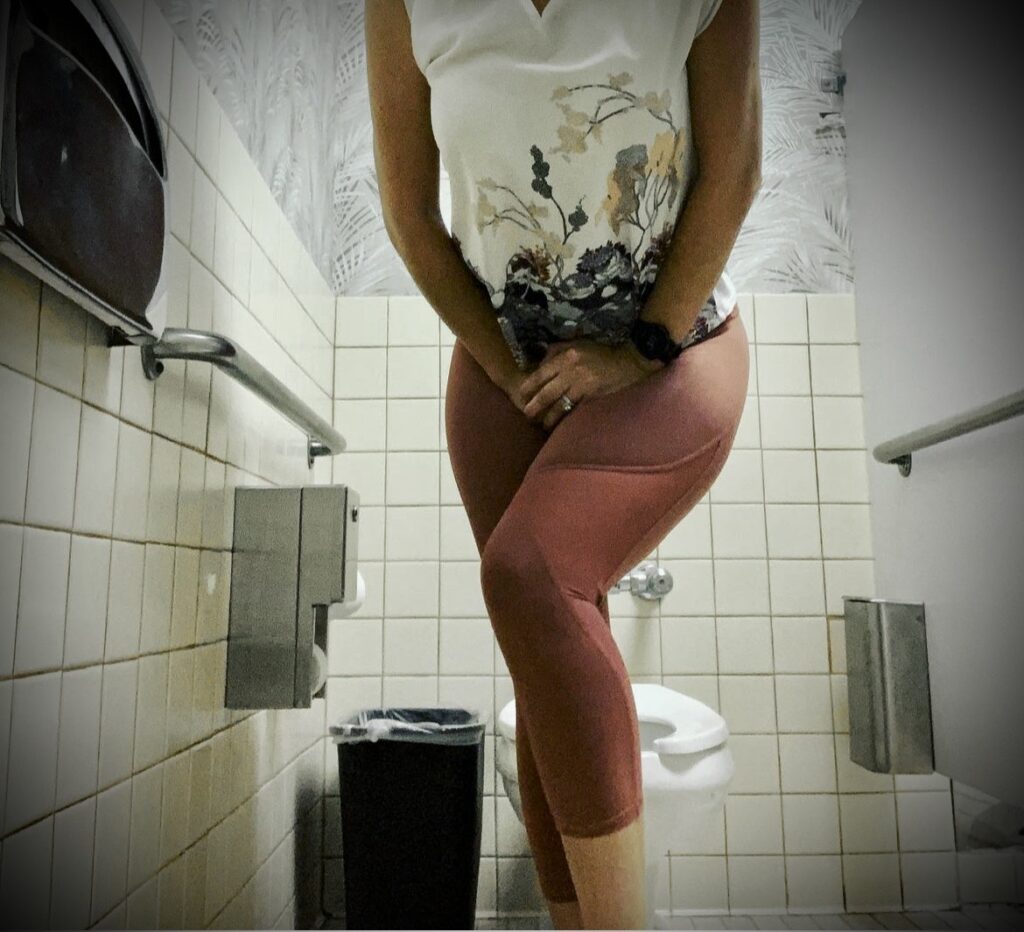Among other intrusive symptoms, fibroids can cause urinary incontinence. Remember, fibroids are benign uterine tumors. Some women have just one or two small tumors, while others develop large fibroids or multiple tumors. And the number, size and location of your fibroids can affect your symptom burden, along with your treatment options.
But why do uterine tumors impact your urinary tract? When would these tumors affect the frequency of urination, or your ability to maintain continence? Here’s what you need to know!

When you have fibroids, your tumors may put pressure on your bladder, increasing the frequency with which you urinate and even leading to incontinence in some cases. (They can also put pressure your bowel, causing fibroid-related constipation.)
Depending on the location of fibroids, they may also impact your pelvic floor function, impacting your body’s ability to regulate the release of urine, among other concerns. (Pelvic floor dysfunction can also interfere with your sex life, a problem that may magnified by a fibroids diagnosis, since these tumors can make intercourse painful.)
In particular, large tumors, along with subserosal fibroids (tumors that grow within your uterine lining, protruding outside of the uterus) and submucosal fibroids (growing within the uterine lining and into the uterus) are more likely to affect functioning in your pelvic floor. And, if that happens incontinence due to fibroids may follow.
Luckily, there are ways to manage this potentially embarrassing symptom (and they don’t involve adult diapers. Need help managing fibroids incontinence? We’ve got you covered with these 5 tips!
Want to take back control of your bathroom runs? Here’s what you need to do:
Even when fibroids are the cause of your urinary concerns, you can reduce some of this symptom burden by limiting or avoiding fluids that irritate your bladder. Top offenders include caffeine, alcohol and beverages with high-citrus content, like orange juice.
In order to avoid getting surprised by the leakage of urine, schedule bathroom trips for every two to three hours during the day. By regularly emptying your bladder, you can avoid uncomfortable filling, along with the need to rush to the restroom. (As well as the risk that you won’t make it there in time.)
If your tumors have impacted your pelvic floor function, you may be able to reduce fibroids incontinence by strengthening these muscles with Kegel exercises.
In addition to fibroids, an overly full bowel due to constipation will put pressure on your bladder. To reduce your constipation—and, in turn, urinary frequency—try increasing your daily intake of both fiber and water.
Of course, the best way to reduce intrusive fibroid symptoms such as incontinence is to treat your fibroids! And if you want to explore treatment options that allow you to avoid surgery, [tx-appointment-link] reach out to our Houston fibroid experts [/tx-appt-link] to learn more about Uterine Fibroid Embolization!

Scheduling
Please contact our dedicated specialists to schedule a consultation today.
2024 Houston Fibroids. All rights reserved. Website Design by Healthcare Success